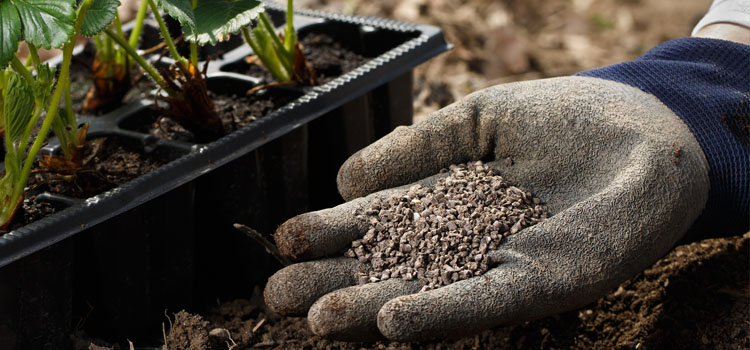
The wastewater treatment process plays a crucial role in safeguarding public health and preserving the environment. While the semi-solid residue known as sludge may be perceived as waste, it possesses remarkable potential as a valuable resource in the field of agriculture.
Traditional agricultural practices have long relied heavily on chemical fertilizers, which have adverse effects on the environment, leading to water pollution and soil degradation. Sludge presents a sustainable alternative that diminishes the dependence on synthetic fertilizers, thereby mitigating the associated environmental risks. By reusing nutrients from wastewater, we adopt a circular approach to farming that promotes long-term sustainability.
Application of sludge in farming substantially improves soil fertility and structure. Rich in organic matter, sludge enhances the soil’s water-holding capacity and facilitates the availability of nutrients to plants. Nutrient levels increase, resulting in improved soil health, reduced erosion, and enhanced plant growth. Sludge acts as a catalyst for revitalizing the soil, providing a solid foundation for healthy crops.
Sludge derived from wastewater treatment plants contains a diverse range of essential nutrients crucial for robust plant growth. These nutrients serve as vital components for crop development and can effectively enrich soil, leading to improved productivity. The utilization of sludge presents an opportunity to harness these valuable resources and optimize their potential for sustainable agricultural practices.
To fully harness the benefits of sludge as a nutrient-rich fertilizer, it is imperative to ensure proper treatment and handling. Strict regulations and guidelines must be established to govern the entire sludge management process, from treatment to storage and application. Adherence to safety standards is essential to minimize any potential risks and maximize the efficiency and effectiveness of sludge as a resource.
In the quest for a greener future and a healthier environment, sludge emerges as an invaluable treasure. By harnessing the nutrient-rich properties of sludge, we can significantly reduce reliance on synthetic fertilizers and foster sustainable agricultural practices. Sludge not only enriches soil fertility and enhances crop productivity but also provides practical and environmentally friendly alternatives.
With careful management and adherence to safety standards, sludge becomes a powerful ally in our journey towards a more sustainable and resilient agricultural sector. Let us unlock the green potential of sludge and pave the way for a brighter and more sustainable future of the environment.


